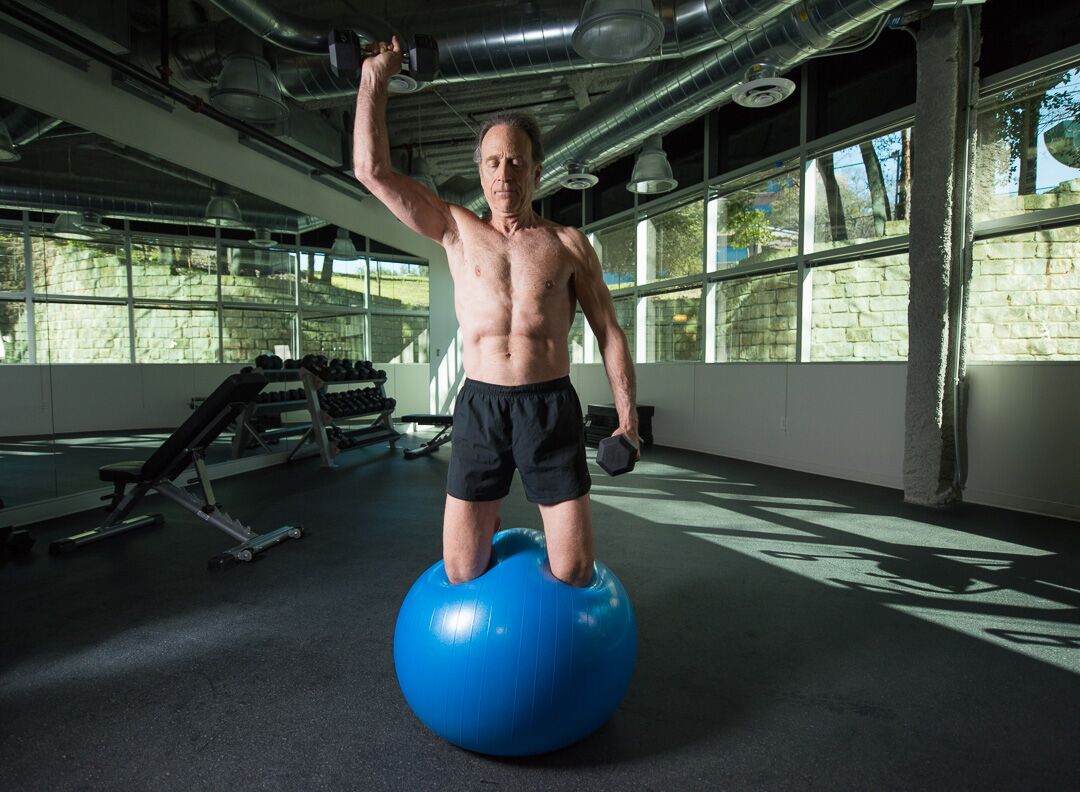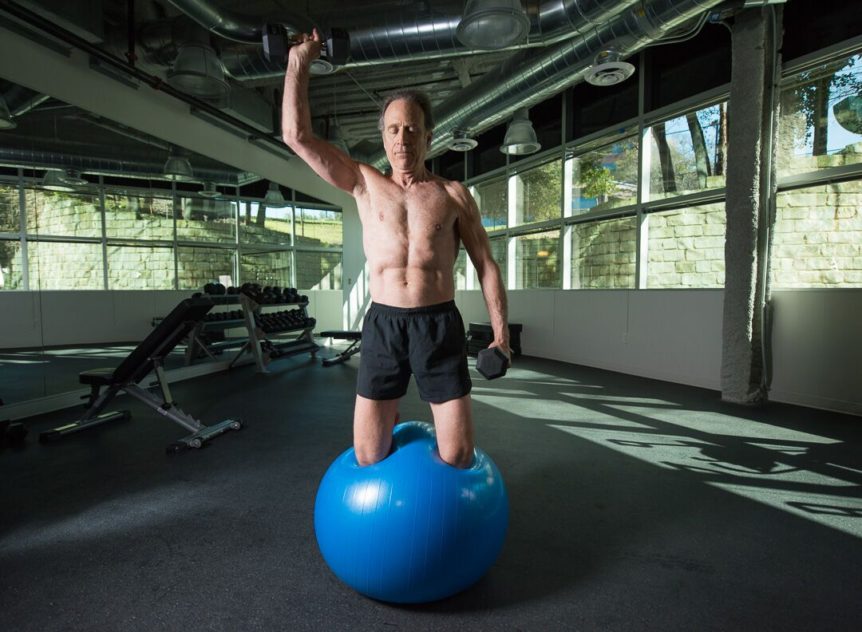It’s funny how you don’t notice shoulder pain until it starts giving you problems. Imagine this, you use your arms every day and connected to your arm is your shoulder which mostly moves with your arm.
Now all of a sudden somewhere along the line you hurt your shoulder. You’re not exactly sure when or why, but something is different. A nagging pain is nibbling on your nerves and you can barely pick up your fork to take a bite of your supper.
Sounds familiar?
We only notice that we can’t be without the functionality of a certain part of our body as soon as that part of our body starts acting up.
When it comes to the subject of shoulder pain, many a person will tell you about the pain and suffering that their shoulder problem caused them. According to research, it seems that shoulder problems are common in the general population, with up to 47% of adults complaining about their shoulder/s.
Before going for surgery, many will go to physical therapists to help them sort out the problem. Effective methods used to help alleviate shoulder pain include anti-inflammatory medications or pain medications, cortisone injections are also popular and of course physical therapy.
One of the very popular treatments for shoulder pain is a therapeutic exercise. In contrast to this, shoulder pain can actually be caused when hurting oneself while doing gym exercises.
A relatively normal activity for many people, which in actual fact has the ability to be responsible for your shoulder problems or aggravate an already existing shoulder problem.
Thus, certain exercises are beneficial to the shoulder, but there are others which may place the shoulder at risk for injuries and pain.
Following are four gym exercises that you should watch out for- they might just be the cause for your shoulder problems:
- Bench press: There may be an association between bench press and arthritis of the shoulder due to the fact that the shoulder is loaded with compression. The shoulder is strictly speaking a hanging joint. Such heavy loading may cause early wear of the cartilage.
- Acromioclavicular (AC) joint: AC joint (the joint between the collar bone and the shoulder bone on top of the shoulder) is also referred to as weight lifters shoulder. Lifting heavy weights may lead to wear of this joint but the incident is so low that one probably should not be too concerned about this.
- Overhead exercises like military press: Military press loads the rotator cuff in a disadvantageous position and can lead to rotator cuff injuries. There are other exercises with equal benefits and less risk eg. lateral raises, horizontal row, etc.
- Contagious exercises: One of the top exercises is seated rowing. When the weight is pulled back it also squeezes the shoulder blades together ñ this does not only exercise the rotator cuff muscles but also the stabilizers of the shoulder blades.
As mentioned above, contrasting to these four exercises, there are therapeutic exercises that will help treat your shoulder problems. Therapeutic exercises usually consist out of motion, strengthening and conditioning exercises.
Isn’t it ironic how the same thing, exercise, can either heal or harm you? So next time you go to the gym, be sure to watch out for potentially dangerous exercises.
Joint Maintenance With Movement HERE

Ease Shoulder Pain With Stability Exercise
Share this Post
